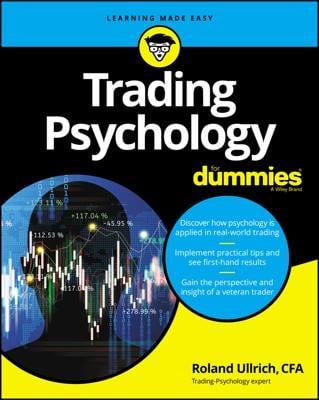The two major categories of traders are hedgers and speculators. Although these two groups trade in the futures market, they are trying to accomplish very different objectives.
Hedgers trade not only in futures contracts but also in the commodity, equity, or product represented by the contract. They trade futures to secure the future price of the commodity of which they will take delivery and then sell later in the cash market. By buying or selling futures contracts, they protect themselves against future price risks. Speculators bet on the price change potential for one reason only — profit.
The interaction between speculators and hedgers is what makes the futures markets efficient. This efficiency and the accuracy of the supply-and-demand equation increase as the underlying contract gets closer to expiration and more information about what the marketplace requires at the time of delivery becomes available.
A hedger may try to take the speculator’s money, and vice versa. A speculator, for example, may buy a contract from a hedger at a low price, anticipating that it will be worth more. The hedger sells at that low price because he expects the price to decline further. Hedgers transfer the risk of price variability to others in exchange for the cost of the hedge.
Speculators assume price variability risk, thus making the transfer possible in exchange for the potential to gain. A hedger and a speculator can both be very happy from the outcome of price variability in the same market.

